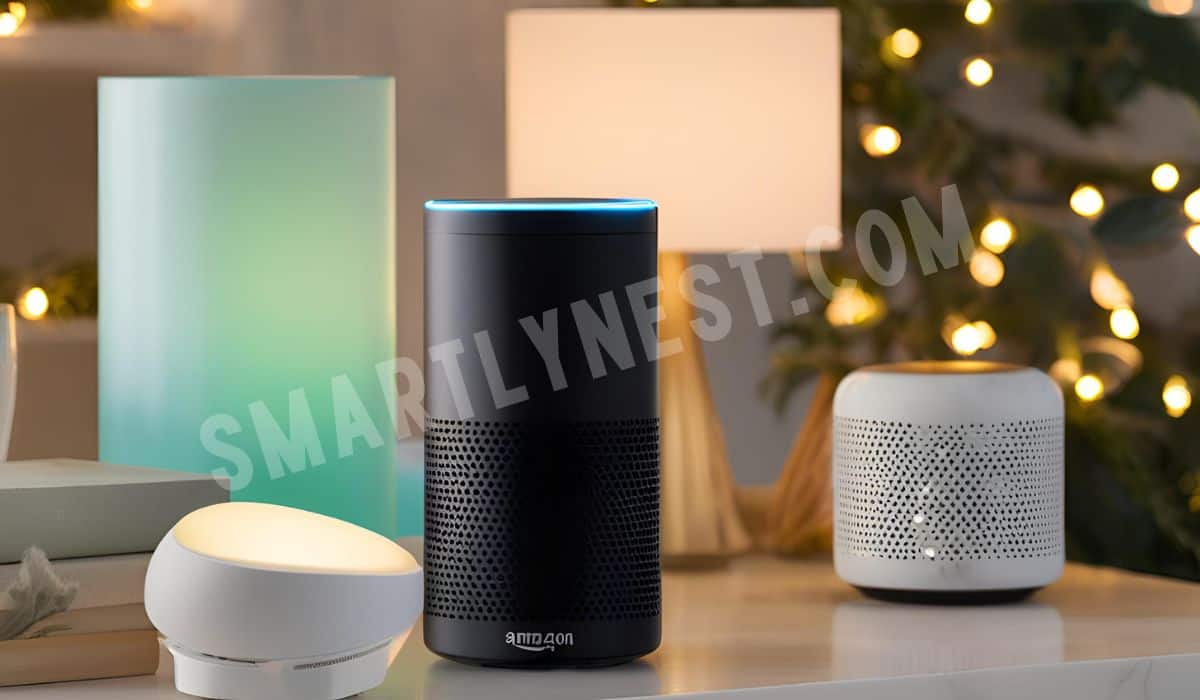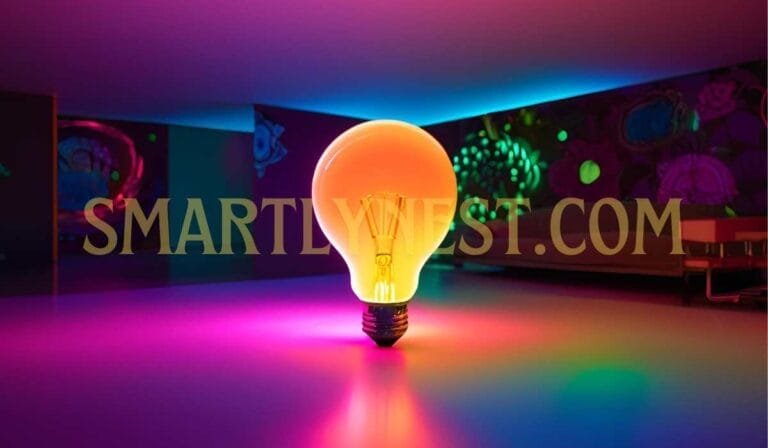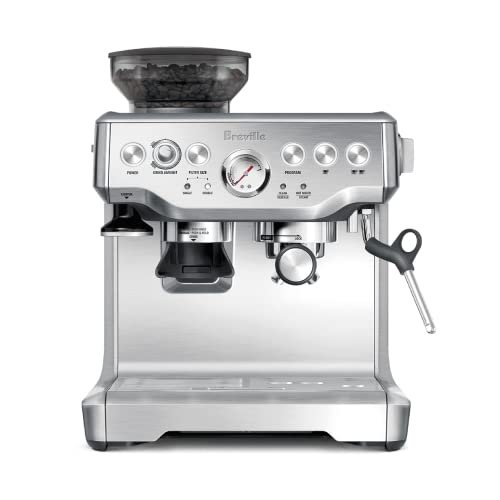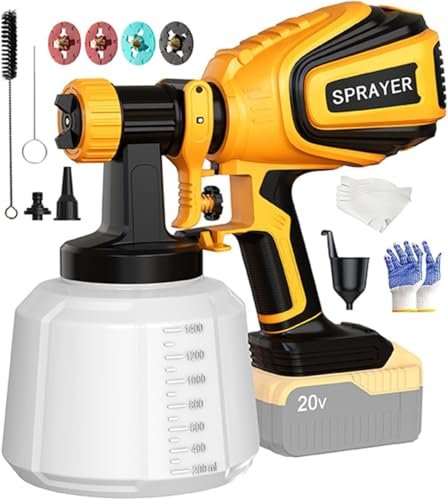
In the era of smart homes, the question, “Do smart light bulbs burn out?” often lingers in the minds of tech-savvy homeowners and curious consumers alike. As smart lighting becomes a staple in modern homes, understanding the durability and longevity of these innovative bulbs is essential. Unlike traditional incandescent or even LED bulbs, smart light bulbs offer more than just illumination—they bring automation, energy efficiency, and convenience to the table. But how long do they really last? Are they immune to the typical burnout issues that plague older technologies, or do they eventually meet the same fate? In this deep dive, we’ll explore the fascinating lifespan of smart light bulbs, uncovering the technology behind them, how they compare to traditional bulbs, and whether they truly live up to their promise of longevity.
The Lifespan of Smart Light Bulbs: An Insightful Overview
Smart light bulbs are often marketed as a long-lasting and energy-efficient alternative to traditional lighting options. But what exactly does “long-lasting” mean in the context of smart bulbs? Typically, smart light bulbs have a lifespan of around 15,000 to 25,000 hours. This translates to several years of usage, depending on how frequently the lights are turned on and off. Compared to incandescent bulbs, which usually last about 1,000 hours, smart bulbs are a significant upgrade.
The Technology Behind Smart Light Bulbs
The longevity of smart light bulbs is largely due to the technology they use. Most smart bulbs are based on LED (Light Emitting Diode) technology, which is inherently more durable and energy-efficient than traditional incandescent or halogen bulbs. LED bulbs generate light using a semiconductor that emits light when an electric current passes through it. This process is highly efficient, producing less heat and using less energy, which contributes to the bulb’s extended lifespan.
In addition to their LED foundation, smart bulbs are equipped with a range of smart features, including wireless connectivity, dimming capabilities, and compatibility with smart home systems like Google Home or Amazon Alexa. These features don’t just add convenience; they also contribute to the overall efficiency and durability of the bulbs.
What Causes Smart Light Bulbs to Burn Out?
Despite their advanced technology, smart light bulbs can still burn out, but the process is different from traditional bulbs. For traditional incandescent bulbs, burnout typically occurs when the filament inside the bulb breaks, resulting in an immediate and complete loss of light. With smart bulbs, burnout is usually more gradual.
There are several factors that can lead to a smart light bulb burning out:
- Overheating: Although LED technology generates less heat than incandescent bulbs, excessive heat can still cause damage over time, particularly to the electronic components inside the bulb.
- Power Surges: Sudden spikes in electricity can damage the internal components of a smart bulb, potentially leading to burnout.
- Poor Quality Manufacturing: Not all smart bulbs are created equal. Lower-quality bulbs may be more prone to failure, especially if the internal components are not robust enough to handle daily use.
- Constant Switching On and Off: While LED bulbs are more resilient to being turned on and off frequently compared to incandescent bulbs, repeated switching can still shorten their lifespan over time.
- Network Issues: Since smart bulbs are connected to a network, issues with connectivity or software malfunctions can sometimes cause the bulb to stop working properly, giving the appearance of burnout.
Do Smart Light Bulbs Really Last Longer?
In general, smart light bulbs do last longer than traditional bulbs, thanks to their LED technology. However, their longevity also depends on factors like usage patterns, environmental conditions, and the quality of the bulb itself. High-quality smart bulbs from reputable brands are more likely to reach their maximum lifespan, while cheaper alternatives might not last as long.
Energy Efficiency: A Key Factor in Smart Bulb Longevity
One of the reasons smart light bulbs are touted as long-lasting is their energy efficiency. LED technology is known for using significantly less energy than incandescent or halogen bulbs, which not only lowers electricity bills but also reduces the wear and tear on the bulb’s components. This efficiency is a major contributor to the extended lifespan of smart bulbs, as less energy consumption typically translates to less heat production and a lower likelihood of component failure.
The Evolution of Smart Lighting: A Paradigm Shift in Home Illumination
Smart lighting represents a paradigm shift in the way we think about home illumination. It’s not just about replacing old bulbs with more efficient ones; it’s about reimagining how light interacts with our lives. Smart bulbs can be controlled remotely, programmed to follow specific schedules, or even respond to voice commands, integrating seamlessly into our daily routines.
The Role of Smart Bulbs in Home Automation
One of the most significant advantages of smart light bulbs is their role in home automation. These bulbs can be integrated into broader smart home systems, allowing them to work in concert with other devices like smart thermostats, security cameras, and home assistants. This integration not only enhances convenience but also contributes to energy savings, as lights can be programmed to turn off automatically when no one is home, or dim during certain times of the day to save energy.
Are Smart Light Bulbs Worth the Investment?
Given their longevity, energy efficiency, and the added convenience they offer, smart light bulbs are generally considered a worthwhile investment, especially for those looking to upgrade their home’s lighting system. While they are more expensive upfront compared to traditional bulbs, the long-term savings on energy bills, combined with their extended lifespan, often make them a cost-effective choice.
FAQs: Your Burning Questions About Smart Light Bulbs Answered
Do Smart Light Bulbs Burn Out Completely?
Yes, smart light bulbs can burn out completely, but it’s a rare occurrence. Most of the time, you’ll notice a gradual dimming before the bulb stops working entirely. This slow decline is due to the way LED technology degrades over time.
How Long Do Smart Light Bulbs Typically Last?
Smart light bulbs typically last between 15,000 to 25,000 hours. This translates to several years of use, depending on how often the bulbs are in use. For example, if you use a smart bulb for 5 hours a day, it could last anywhere from 8 to 13 years.
What Happens When a Smart Light Bulb Burns Out?
When a smart light bulb burns out, it usually stops emitting light, just like any other bulb. However, because smart bulbs contain electronic components, the failure might be due to the electronics rather than the light-emitting component. In some cases, the bulb may lose connectivity or stop responding to commands before it completely stops working.
Can Smart Light Bulbs Be Repaired?
In most cases, smart light bulbs cannot be repaired if they burn out or malfunction. Since they are sealed units with delicate electronics inside, attempting to repair them could be more costly and complex than simply replacing the bulb. However, some issues related to connectivity or software can sometimes be resolved with troubleshooting.
Do Smart Light Bulbs Use More Energy Than Regular LED Bulbs?
No, smart light bulbs do not use more energy than regular LED bulbs. In fact, they are just as energy-efficient, if not more so, due to their ability to be dimmed or programmed to turn off automatically. The smart features add minimal energy consumption, making them an efficient choice for most households.
Are Smart Light Bulbs Safe to Use?
Yes, smart light bulbs are generally safe to use. Like all electrical devices, they should be installed and used according to the manufacturer’s instructions. Overheating can be a concern if the bulbs are used in enclosed fixtures without proper ventilation, but this is true for all LED bulbs, not just smart ones.
How Can I Extend the Lifespan of My Smart Light Bulbs?
To extend the lifespan of your smart light bulbs, consider the following tips:
- Avoid placing them in enclosed fixtures that can trap heat.
- Use them in well-ventilated areas.
- Avoid frequent switching on and off.
- Protect them from power surges by using surge protectors.
- Keep your smart home network secure to avoid connectivity issues that could strain the bulb’s electronics.
Conclusion: The Future of Smart Lighting and Your Home
Smart light bulbs represent the future of home lighting, combining energy efficiency, longevity, and convenience into a single package. While they are not completely immune to burning out, their extended lifespan and smart features make them a superior choice over traditional lighting options. Whether you’re looking to save on energy bills, reduce your environmental impact, or simply enjoy the convenience of controlling your lights with your voice or smartphone, smart light bulbs are a wise investment. As technology continues to evolve, we can expect smart lighting to become even more integrated into our lives, offering new possibilities for how we illuminate our homes.
In conclusion, while smart light bulbs can burn out, they do so less frequently and more gracefully than their incandescent predecessors. With proper care and usage, these bulbs can provide years of reliable service, making them a valuable addition to any modern home. So, are smart light bulbs worth it? Absolutely—if you’re ready to embrace the future of lighting, smart bulbs are the way to go.







